This post may contain affiliate links, which means I’ll receive a commission if you purchase through my links, at no extra cost to you. Please read full disclosure for more information.
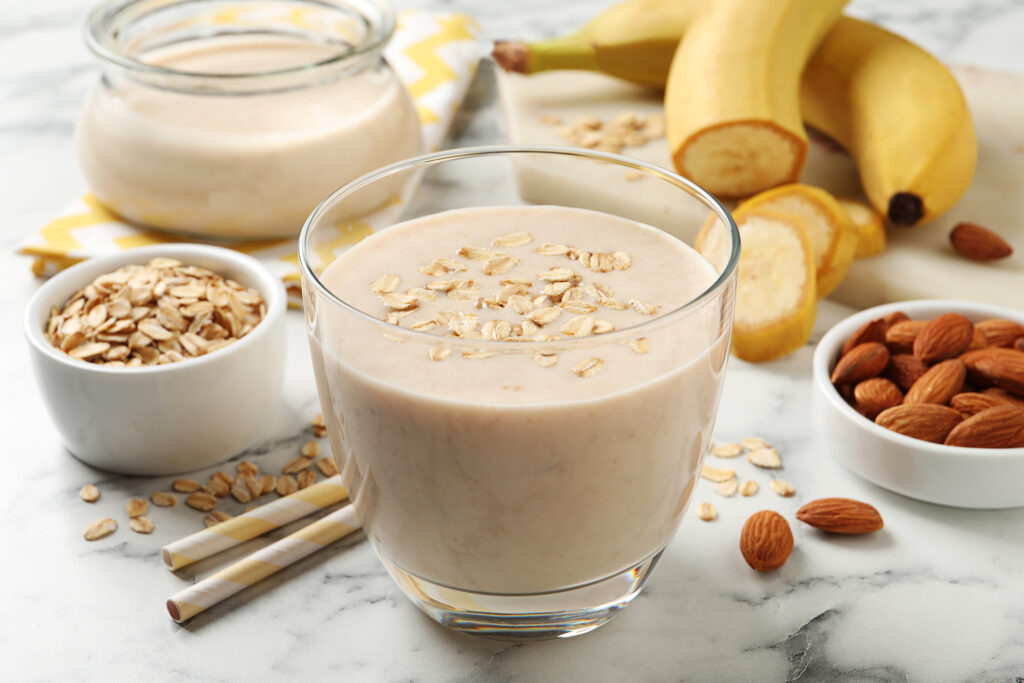
Treating and living with an overactive bladder often involves a lot of lifestyle changes. From bathroom trackers and timers, to figuring out liquid intake and medications. Another place where an overactive bladder can have an impact is at the dinner table.
Most people know that what you drink can help or hinder an overactive bladder; after all, it’s those liquids that will be processed into urine in the first place, and diuretics like sugary, carbonated beverages can create a host of complications. It’s not just what you drink, though – foods, too, can aggravate or reduce symptoms. Here, we’ll break down what you should, and shouldn’t, eat when trying to ease the symptoms of an overactive bladder.
Remember that these foods aren’t meant to entirely ‘cure’ an overactive bladder, and be sure to have a chat with your doctor before you make any major changes to your diet.
Diets for Overactive Bladders
Drinks to Avoid
Though solid foods can also impact your bladder health, the most obvious contributors are liquids. While your doctor will likely work with you to help you determine how much water you should be drinking to maintain wellness and hydration while still controlling an overactive bladder and managing leaks, you may be tempted to reach for other refreshers. Here are the main bad actors to steer clear of:
- Soda
- Sparkling waters
- Alcoholic beverages
- Sports drinks (like Gatorade or Powerade)
- Some juices, especially citrus, or ones with artificial sweeteners
Sodas, even of the non-caffeinated and ‘diet’ variety, can irritate the bladder – it’s believed that a mixture of the fizzing bubbles, the glucose in the sugars, and the caffeine content causes this. That means that even a diet, caffeine-free Coke will still lead to a bathroom trip.
It’s not just soda, too – sparkling drinks and seltzers are just as agitating to the bladder due to their carbonation, even sans sugar and caffeine. Artificial sweeteners, which many sparkling drinks have, should also be avoided.
The common thread here, as you might have noticed, is caffeine. That’s why coffee and teas with caffeine should be skipped. They’re natural diuretics and can make an overactive bladder harder to manage.
On the topic of juice, it’s not something that should be avoided entirely, but it should be taken in with careful consideration. Citrus is a known bladder irritant, as are artificial sweeteners, preservatives, and flavorings.
You might have heard that cranberry juice is helpful for a urinary tract infection, and thus, assume it can help with an overactive bladder. Unfortunately, there’s no real evidence beyond the anecdotal proving its efficacy. With that in mind, don’t use it as a balm in your overactive bladder diet – the acid will only cause agitation.
A final note on milk: As with bowel health, milk can be more harmful for some than others. Many people have difficulties processing lactose, so consuming dairy products can trigger symptoms. If you’re worried or unsure, stick to dairy-free milk options – just be sure to seek out those without artificial sweeteners.
Drinks That Can Help
The obvious answer you’re expecting, of course, is water. Water is essential for human survival and can help flush the bladder of bacteria, aid digestion, and protect your bladder’s tissues.
That said, it’s understandable that you might want a little variety in your beverage choices. Diluted juices or cordials can be an excellent way to get a burst of nutrition and flavor without sacrificing your bladder health. The antioxidants in these juices can even help balance the bacteria levels within the bladder itself. Some juices to consider are pear, pomegranate, and apple juice.
Herbal teas without caffeine (and when not loaded with sugar) can actually help clear the bladder of irritants, keeping it healthy and functioning. Thankfully, most herbal varieties are naturally free from caffeine, meaning you might not have to look as hard to find one.
A few teas you can try are:
- Lavender
- Mint
- Chamomile
- Corn silk
Some of these, like mint and chamomile, can also reduce inflammation in the urinary tract, which could be helpful for other inflammatory bladder conditions. It also helps that herbal teas are also great for managing the stress of dealing with an overactive bladder.
Green tea gets a special mention: green tea and incontinence have been studied, and it’s been shown to have favorable effects on bladder health. However, it does have caffeine. Either drink it in moderation, or try a supplement.
Foods to Avoid
You are what you eat, and if you’re mitigating the symptoms of an overactive bladder, your diet should be one that’s tailored to keeping those side effects in line.
One of the common threads in foods that can worsen overactive bladder symptoms is acidity. Because of that, steer clear of high-acid foods like citrus fruits and tomatoes. This includes tomato products, like sauces and ketchup. That might be for the best, as many pre-packaged sauces and ketchup have a high sugar content and artificial flavors.
Onion also contains a good amount of natural acid, which can lead to irritation. This is worse with raw onions – when cooked down, onion in moderation might not have as much of an impact.
Honey contains natural sugars, but they’re still sugars. When sweetening tea or oatmeal, opt for an alternative. With sugar in mind, it’s best to cut down on sweets all around, especially chocolate, which has the added downside of containing caffeine.
If you’re a spicy food fanatic, you’ll have to go without when you’re planning your overactive bladder. Some spicy foods can inflame the bladder and cause urinary frequency, which will only make an overactive bladder worse.
Foods That Can Help
While some foods can hinder the progression of your overactive bladder, there are also ways you can help. The best diet for an overactive bladder is a balanced one, with special attention paid to getting enough fiber and vitamins.
Foods like blackberries, strawberries, grapes, bananas, coconut, watermelon, and apples can provide fiber, nutrients, and antioxidants. Many of them have a high water content, which will help you hydrate and maintain your fluid intake. Raspberries are fiber-rich and make a perfect quick snack.
Vegetables like kale, broccoli, and asparagus are rich in fiber and excellent sources of vitamins, while cucumbers, carrots, and celery have a fantastic water content.
Want to up your fiber intake? Almonds, artichokes, bran, oats, lentils, and beans will help with that, with many of these being protein-rich as well, meaning they’ll help you feel full and satisfied. If you want an even better source of protein that can act as the body of a main dish, reach for chicken, tofu, fish, turkey, or eggs.
Avocado, an amazing superfood, is full of monosaturated fats, which can be soothing to an overactive bladder.
Recipes for Overactive Bladders
Banana Almond Smoothie
Start your morning with a filling drink that’s delicious, protein-rich, and perfect for keeping your overactive bladder symptoms at bay.
Ingredients:
- One medium to large frozen banana, cut into one-inch chunks prior to freezing.
- One spoonful of almond butter
- ½ cup of plain Greek yogurt (if you’re lactose intolerant, you can substitute in chia seeds, avocado, or non-dairy yogurt.)
- A drizzle of maple syrup
- A drop of vanilla extract or almond extract
- A splash of almond milk (or milk replacement of your choice.)
Instructions:
- Add all items to a blender and blend until creamy and smooth. If your smoothie is too thick, add more water or almond milk. If it’s too thin, try adding a bit more frozen banana.
- Pour into a tall glass.
If you want to add an extra punch of fiber to this recipe, add a tablespoon of flax seeds – you won’t notice a change in flavor, but you’ll get all the added impact.
Antioxidant Salad
The name implies just what this salad will do for your bladder health – it’ll offer a punch of healthy antioxidants, plus plenty of fiber and vitamins, while still being delicious and healthy.
Ingredients
For the salad
- 1 head of Romaine lettuce, sliced and cleaned
- 2 cups baby spinach or kale leaves (or both!)
- 1 cup arugula
- 1 cup of sliced strawberries
- ½ cup of sliced blackberries
- 1 cucumber, sliced thinly
- ½ cup fennel, sliced
- ⅔ cup cooked lentils
- ½ cup sugar snap peas
Instructions:
- In a large salad bowl, begin by tossing Romaine lettuce, spinach or kale. arugula, cucumber, and sugar snap peas together.
- Next, add in the lentils and fennel. Toss once more.
- Finally, add in your strawberries and blackberries. Give a final light toss as to not crush the berries, and serve.
If you’d like to make this meal more filling, and add an extra layer of protein, top with grilled chicken.
For the dressing, you can stick with your favorites as long as it is non-acidic and won’t contain artificial sugars, flavors, or ingredients that will irritate your overactive bladder symptoms. Here’s one we recommend:
- 1 cup 100% natural blueberry or pomegranate juice
- ½ cup olive oil
- Finely chopped basil
- A pinch of salt
- White pepper to taste
All you’ll need to do is whisk this mixture up with a fork, dress the salad, and enjoy.
Turkey, Kale, and White Bean Soup
This soup is hearty, filling, and made with plenty of ingredients that your bladder will love. Not only will the fiber from the beans and kale aid in digestion, but the vitamins and minerals will aid in your overall health, soothing some of your overactive bladder symptoms.
If you want to make this a vegan or vegetarian affair, replace the chicken stock with vegetable broth, and the turkey with cubes of tofu. If you’re going this route, add the tofu near the end of the cooking time instead of at the beginning. Tofu is another bladder-friendly food that tastes great in this!
Turkey is slightly higher in cholesterol than chicken, but it’s also loaded with nutrients and minerals like magnesium, vitamin B12, and folate. Urinary problems are a prevalent symptom of vitamin B12 deficiency, so ensuring that you get enough can be a critical part of your overactive bladder diet.
Ingredients:
- 1 lb lean ground turkey – we recommend 85 – 90% lean.
- 1 tablespoon olive oil
- 1 15.5 oz can cannellini beans, rinsed and drained
- 3 ½ cups low-sodium chicken broth
- 4-5 cups kale, washed and chopped
- 1 cup of spinach, roughly shredded
- 4 cloves of minced garlic
- 2 carrots, chopped (leave the skin on for an added boost of fiber!)
- 1 tablespoon dried Italian seasoning
- ½ tablespoon of onion powder
- Salt and pepper to taste
Instructions:
- In a large soup pot, heat olive oil over medium heat. Add the carrots and sauté for 3-4 minutes, or until softened. Add the garlic and allow it to cook until fragrant.
- Add ground turkey and seasonings. Break the turkey up with a spatula and allow it to cook until browned and cooked through.
- Add the chicken broth and beans. Allow it to simmer for 20-30 minutes. Taste and adjust seasonings as needed. If the broth is too salty, add water to dilute.
- Lower the heat and add in kale and spinach, stirring until wilted.
Allow to cool and serve. If you aren’t sensitive to lactose, this tastes great with a bit of parmesan cheese sprinkled on top.
Managing Your Overactive Bladder
Overactive bladder is surprisingly common, and nothing to be embarrassed about. Through your food choices, you’re empowering yourself to manage your symptoms and take your health and wellness into your own hands.

Michelle Gagliani
Owner & Founder
Michelle is the Founder of The Balanced CEO and a Holistic Nutritionist + Health Coach. She was born and raised in St.Thomas, U.S.V.I., and is currently living in Austin, TX. When she’s not running this blog and online business, she is cozied up at home watching TV, taking long walks in nature, or trying out new healthy recipes.
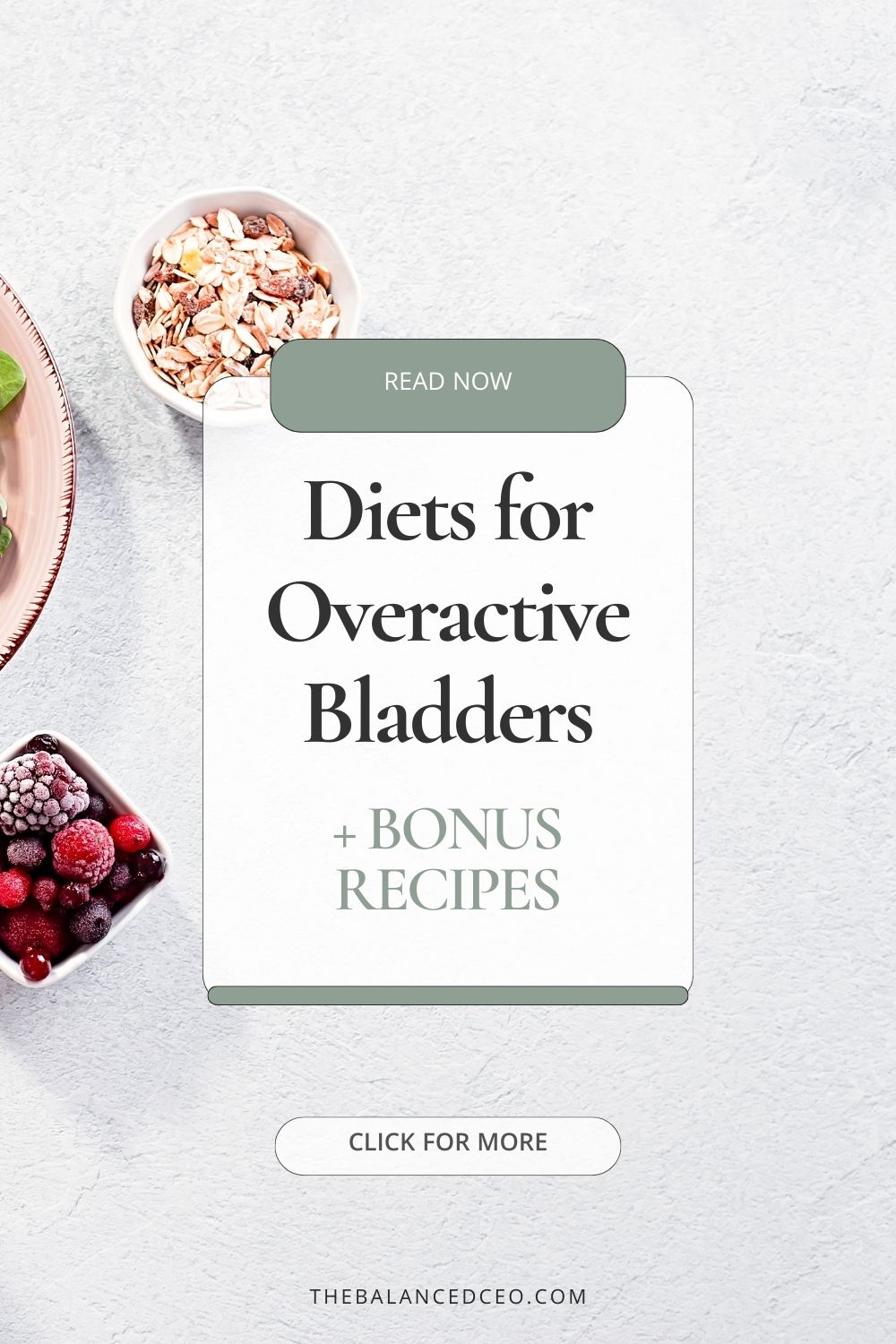
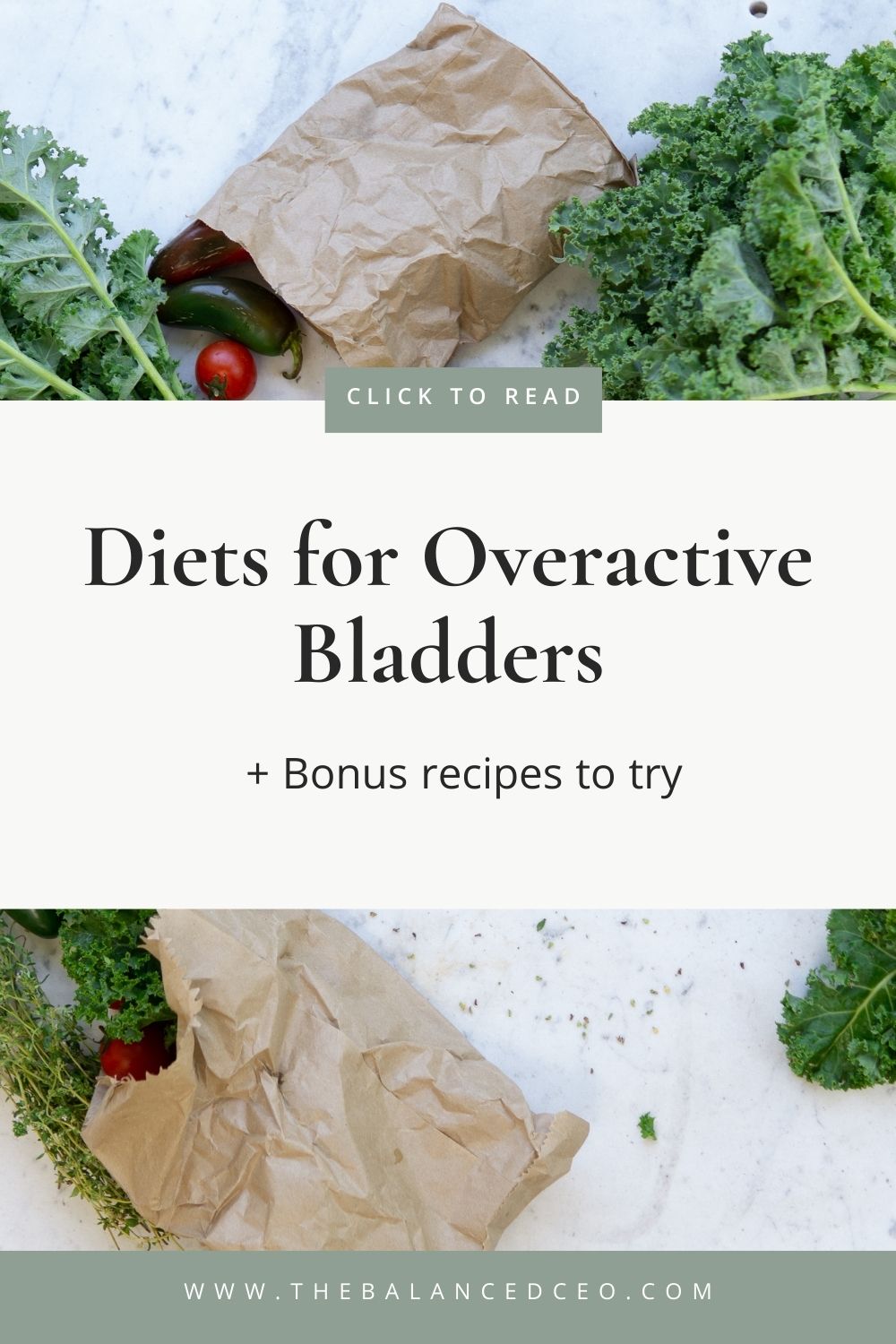
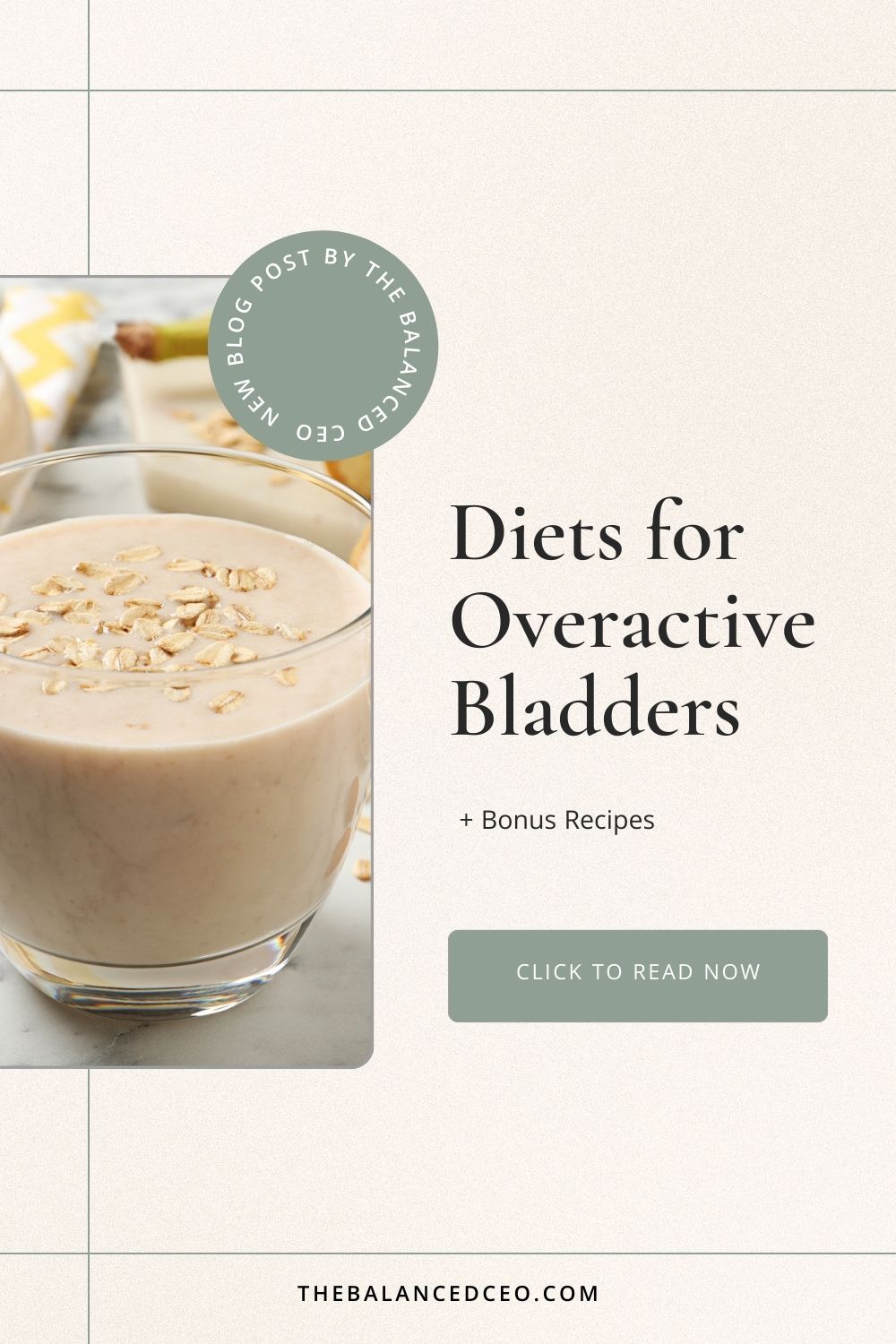

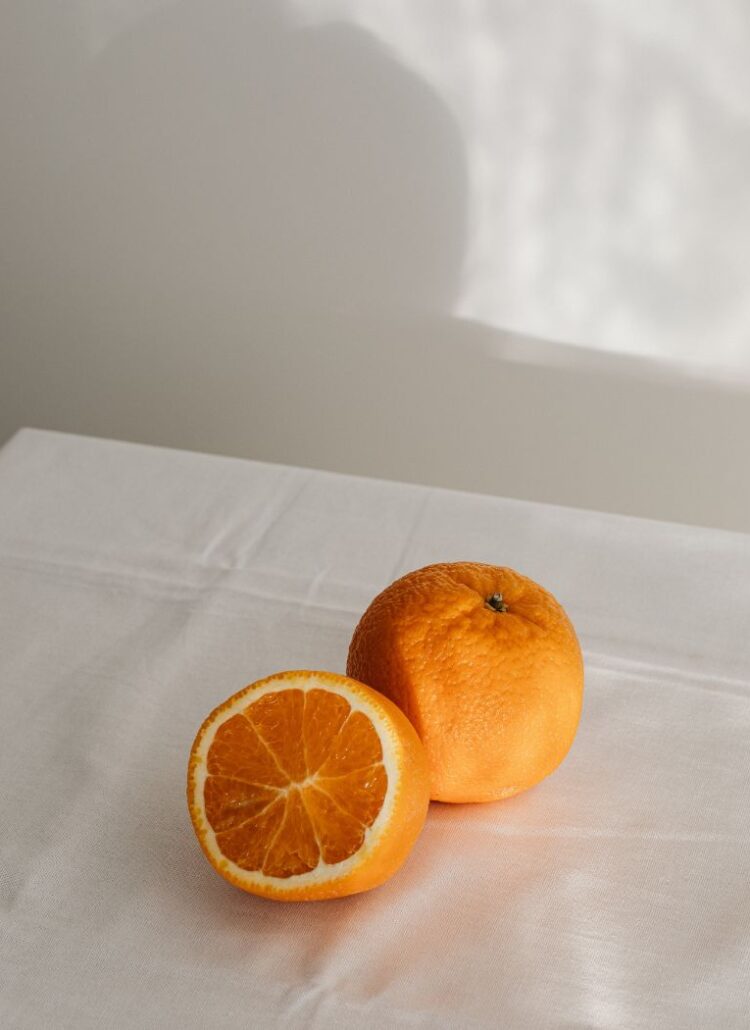
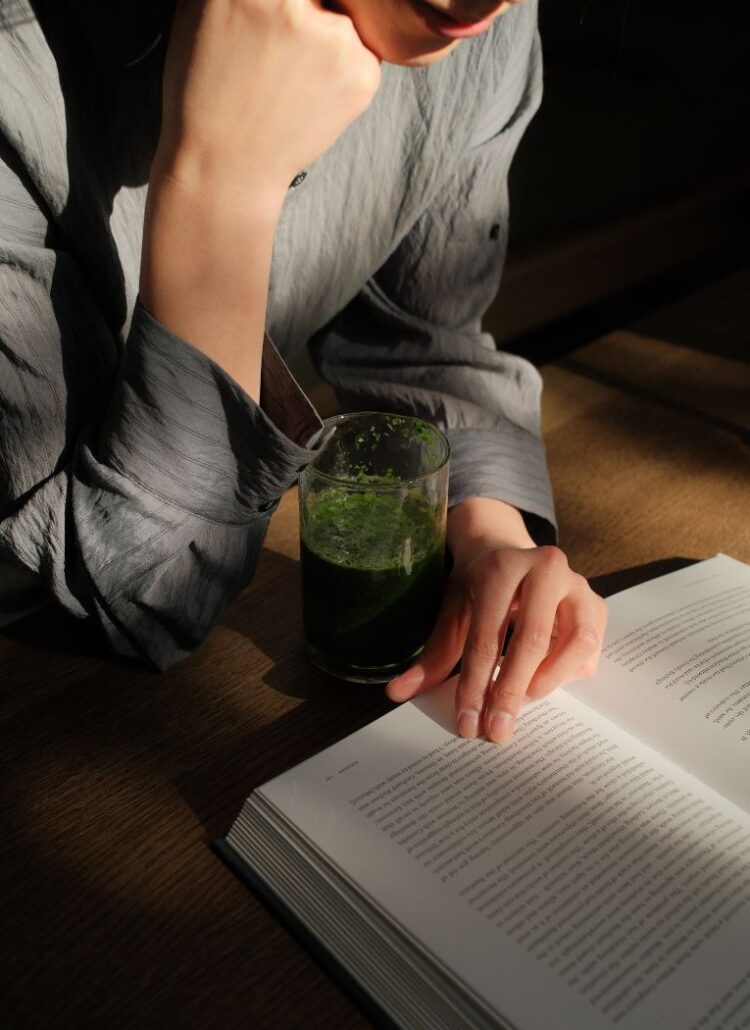
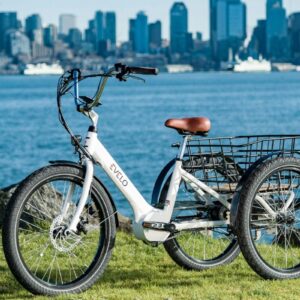
Leave a Reply